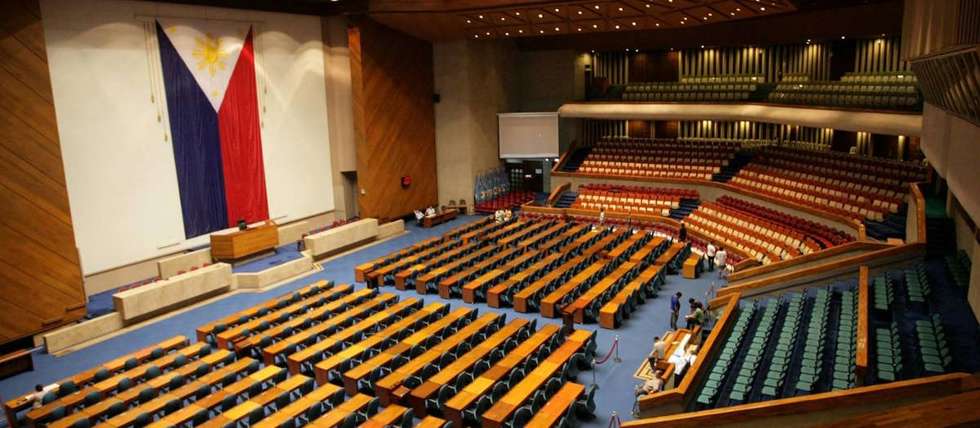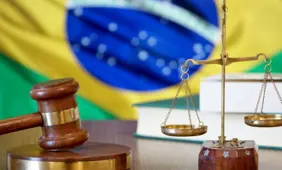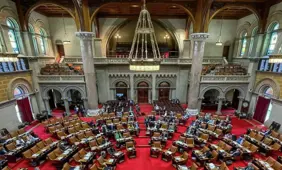Push for Online Gambling Ban in The Philippines Continues

A public call has been made by two lawmakers from the Philippines, urging President Ferdinand Marcos Jr. to impose a prohibition on online gambling in the country. This request comes in response to the recent scandals involving several Philippine Online Gaming Operators (POGO), with suspicions of their participation in extensive human trafficking endeavors.
Thousands of Victims
On June 27, the police conducted a rescue operation in Las Pinas City, where approximately 3,000 individuals, both locals and foreigners, including at least four Singaporeans, were rescued from the Xinchuan Network Technology Inc. compound. Although the company claims to be a legitimate POGO, authorities have raised suspicions that its operations could be concealing illicit activities, such as cryptocurrency and romance scams, which exploit human traffickers. Despite these allegations, Xinchuan vehemently denies any wrongdoing.
Senator Risa Hontiveros expressed her strong belief that it is imperative for Marcos to take immediate action in prohibiting the POGOs and all online gaming. She said in comments to The Straits Times that the operators have turned the Philippines into a “playground” for organized crime.
At the same time, they’re depriving the government of millions of dollars in revenue. Where once the POGOs were a thriving, legitimate gaming segment, many operators have exited the legal market and operate off the books.
Starting in late 2022, Senators Hontiveros and Win Gatchalian have actively pursued a Senate inquiry focused on unearthing cryptocurrency fraud that has flourished in Southeast Asia. Primarily operating out of countries like Cambodia and Myanmar, the scammers are employing deceitful tactics to lure unsuspecting Filipino migrant workers and force them to take part in their schemes.
The Philippines soon became aware of the spreading of illicit activities carried out by Sun Valley Hub, a registered POGO, within their borders. In May, the authorities uncovered a major human trafficking organization operating in the Clark Free Trade Zone in Pampanga, north of Manila. Over 1,000 victims were rescued.
Difficult Road Ahead
Hontiveros revealed that these unsuspecting individuals, at least 4,000, were initially enticed via social media platforms into joining the workforce as call agents or POGO agents. However, upon their arrival, they were allegedly coerced by the criminal gangs, mostly out of China, to participate in intricate scams.
In addition to helping the illegal gambling operations continue to thrive, the victims were also responsible for running romance scams. They created fake online personas to attract their targets, convincing them to transfer unknown amounts of money.
The international attention to both busts led the senators to assert that the Philippines’ image is suffering on the global stage. The only way to clean it up, in their estimation, is to completely eliminate the online gaming segment.
It’s not going to be easy to convince the government to act. In 2022, the licensed POGOs provided around PHP53.1 billion (US$956.86 million) to the government through tax revenue. As the Philippines looks to improve its economic status, losing such a significant amount would have a huge negative impact.
More Regulation News
RELATED TOPICS: Regulation
Most Read
Must Read
 Interviews
Interviews
Sweepstakes Casinos: Thriving in an Ever-Changing Industry – Interview with Attorney Stephen C. Piepgrass
Feb 17, 2025 Interviews
Interviews






Review this New Post
Leave a Comment
User Comments
Comments for Push for Online Gambling Ban in the Philippines Continues